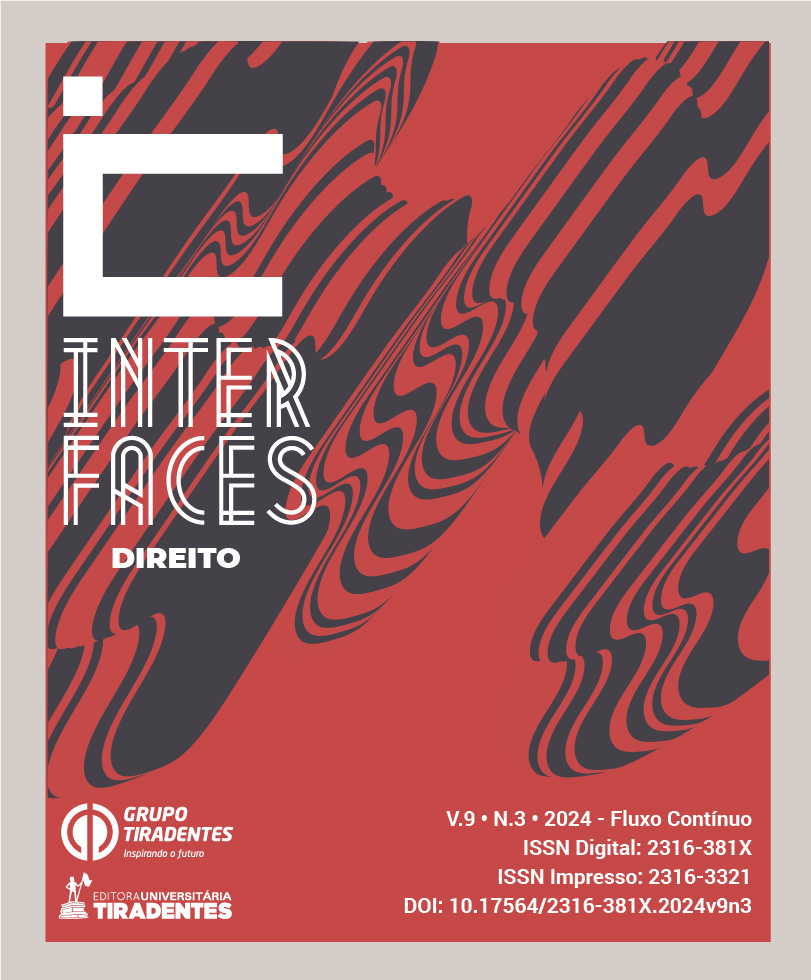Federal taxation of software and the analysis of SC COSIT no. 107/2023 of the Federal Revenue of Brazil regarding the taxation of amounts arising from the transfer of use and licensing of computer programs sent abroad
Abstract
Software taxation is a topic present in the judiciary and administrative bodies. The STF established in ADI no. 5659, in 2021, that operations involving software will be considered exclusively as services provided, allowing exclusively the incidence of service’s tax. This ruling influenced the Brazilian Federal Revenue, which in SC COSIT no. 107 of 2023, when dealing with the amounts arising from the contract for the assignment of use and licensing of computer programs sent abroad, however, simultaneously considered these contracts as a service and as exploitation of Copyright. The article aims to understand how Brazilian legislation approaches the taxation of software with a special focus on the difference between the treatment established by the STF for the taxation of goods and services and the Revenue's guidance regarding federal taxation of software. The hypothetical-deductive method will be used with the reading of STF rulings, the study of SC COSIT carried out by the Federal Revenue Service, reading of academic articles on software taxation and copyright legislation. The conclusion is that the Federal Revenue, for federal taxation purposes, establishes a dual legal nature for computer programs, either as movable assets under the dictates of copyright legislation, or as a service in accordance with the Supreme Court's position












